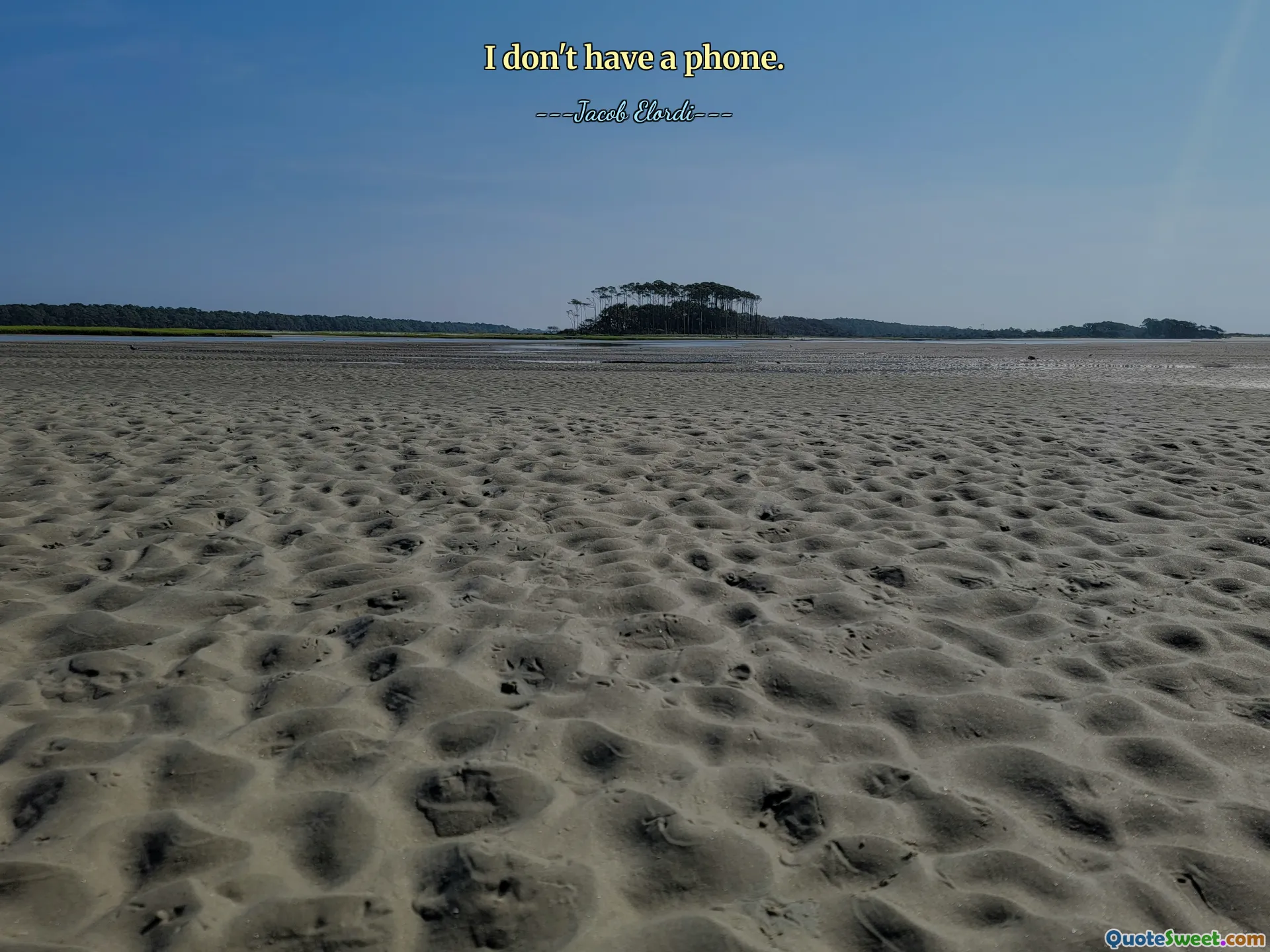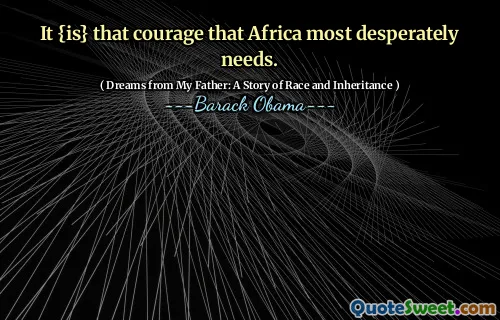
I don't have a phone.
This straightforward statement may seem simple on the surface, but it opens a window into a multitude of social, personal, and technological considerations. In a world where mobile phones have become nearly ubiquitous, claiming not to have one can be interpreted in various ways. It can reflect a deliberate choice to disconnect from the digital world, perhaps as a means of retreat, privacy, or rejection of constant connectivity. Alternatively, it may point to socio-economic factors, where not everyone has access to the latest technology, impacting their ability to participate fully in modern communication networks. This statement can also evoke themes of independence, non-conformity, or even technological disinterest. As society advances, the phone is often seen as an essential tool for social interaction, work, and accessing information. A person without a phone might be perceived as unconventional or might face challenges in maintaining social relationships, especially when communication methods predominantly rely on instant messaging and social media. Furthermore, the absence of a phone might symbolize a desire to live more intentionally, minimizing digital distractions, or a preference for face-to-face interactions over virtual ones. The statement reminds us of the diversity in people's lifestyles and choices within our increasingly connected digital landscape. It also raises questions about how essential digital devices are to our identities and daily functioning. Ultimately, whether by choice or circumstance, not having a phone challenges societal norms and prompts reflections on the balance between digital connectivity and personal privacy or well-being.










